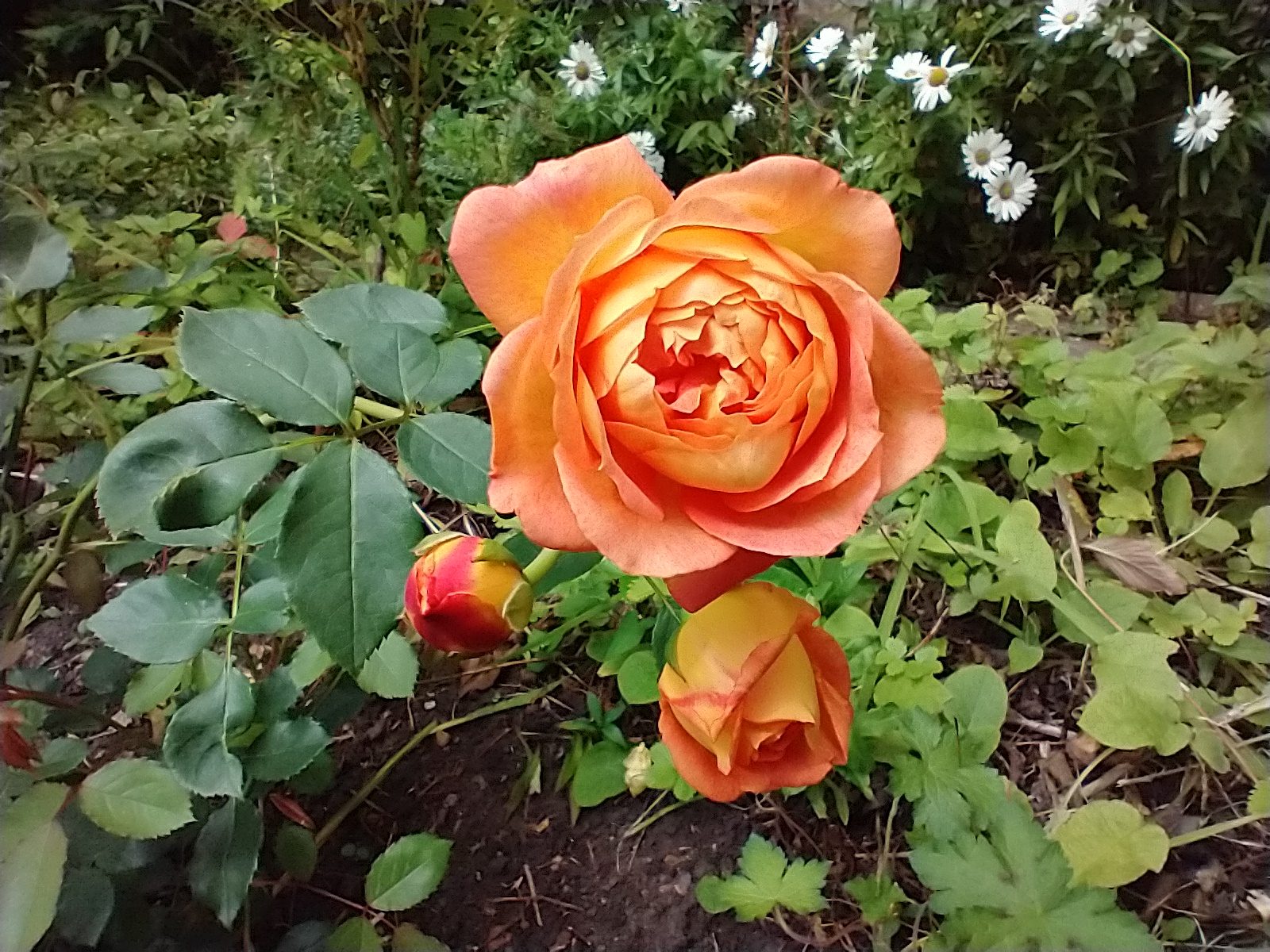 Recently I’ve heard or coached a number of amateur pianists whose playing I haven’t heard for 18 months, or before All This started.
Recently I’ve heard or coached a number of amateur pianists whose playing I haven’t heard for 18 months, or before All This started.
I had been afraid that everyone’s playing would have fallen apart, but actually my impression was that lockdown has enhanced rather than degraded the skills of the people I’ve been listening to. They had clearly been playing the piano quite a lot during the months at home, with more time than usual to appreciate music and music-making. Obviously there weren’t any concerts going on, so they hadn’t been working towards a particular performance. It wasn’t that the prospect of an audience had galvanised them into practising more. It was, perhaps, more that the impossibility of an audience had thrown the focus back onto the music itself and the result here and now.
It seemed that the experience of lockdown and, for some of them, isolation, had given new significance to their hours at the piano. To my ears there was a quality of attention to the sound which made their playing more compelling to listen to. They were more ‘in the moment’.
I found myself thinking that it’s a pity one can’t harness this kind of ‘piano power’ and use it as a form of renewable energy – to heat people’s houses, or to recharge the batteries of their electric cars. For now, it’s enough to know that the time we devote to music-making can recharge our own batteries!




“For now, it’s enough to know that the time we devote to music-making can recharge our own batteries!” – for those of us who are amateur pianists/musicians who don’t play in public, making music is always about recharging our own batteries: we play simply for the pleasure it gives us (while avoiding inflicting our efforts on an unsuspecting public…)
Thank you Piotr, you are quite right about the benefits of playing for pleasure.
I’m sure you notice though that even when playing simply for pleasure, you can be ‘present’ or ‘not present’ to different degrees, depending on how peaceful you feel, or what else is going on in your mind.
Indeed. My ‘presence’ is most affected by tiredness. Probably like many amateur pianists, I tend to play after work, and depending on the amount of screen time in the day my eyes can be very tired. It affects coordination and can be frustrating! I remember in one of your books you wrote that you tended not to sight-see immediately before performing in a foreign city, as it tired you. That struck a chord! (so to speak…)
You raise an important point about eyesight and the role that tired eyes play in one’s piano-playing. I too get tired eyes and recognise the feeling you describe. In recent years I’ve also found it difficult to get the right glasses for reading music. I do have reading glasses, but they seem to work best at a distance slightly different from that of the music desk on the piano. Currently I am using some old (out of date prescription) reading glasses which seem to work better. In concerts, I wear contact lenses and am trying the formula of one lens for distance and the other lens for reading. It takes a little time to adjust to this combination. Without glasses or lenses I can’t read the music at all. In short, there are always ‘issues’ of one kind or another around seeing the music, and these issues can certainly interfere with my comfort when playing. I imagine many people have the same sort of problems.